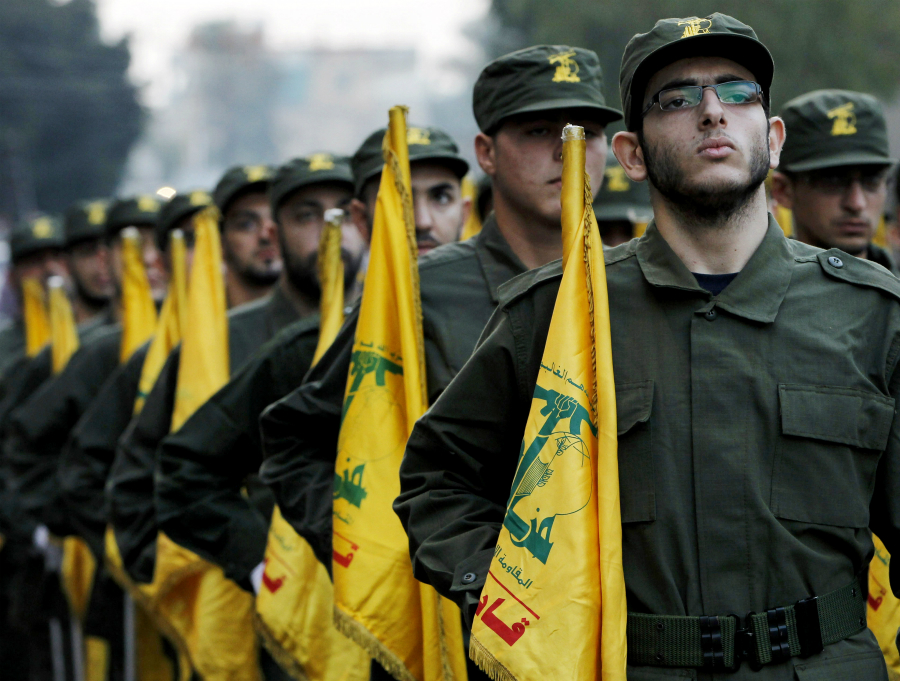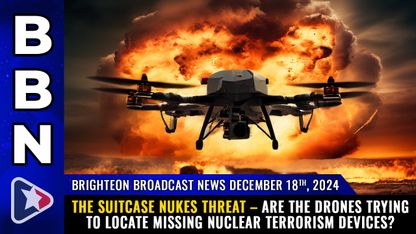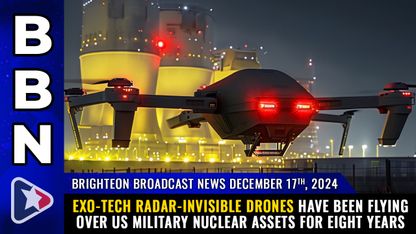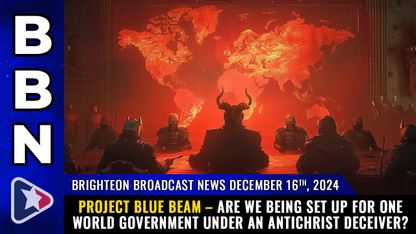
The Lebanon-based Hezbollah political party is fighting back against Israel over its assassination of Hamas deputy chief Saleh al-Arouri in a south Beirut neighborhood last week.
According to reports, Hezbollah recently launched its "initial" response to al-Arouri's assassination, which included unleashing more than 60 rockets on communities in northern Israel, many of which were long evacuated following the October 7 Hamas attack.
Alert sirens could be heard in about 90 towns and settlements in Northern Israel as Hezbollah issued a statement declaring that the bombardment is "part of the initial response to the crime of assassinating the great leader Sheikh Saleh al-Arouri."
In a follow-up statement, Israel Defense Forces (IDF) said some 40 rockets were fired from Lebanon towards the Mount Meron area, which is home to a critical IDF base that oversees Israeli operations in nearby Syria.
Hezbollah admitted to launching 62 "various types of missiles" against the Meron air control base in the retaliatory attacks, which according to Israel saw no casualties.
(Related: Remember the wild rape claims made by Israeli Defense Minister Yoav Gallant after the October 7 attack? Gallant made them all up.)
Lebanon's Hezbollah-linked Almayadeen says Meron attack hugely significant
Almayadeen, a Hezbollah-linked Lebanese media outlet, reported that the attack on Meron is hugely significant because of how important the base is to Israel's strategic regional operations.
Located just eight kilometers from Lebanon's southern border, Meron overlooks the Lebanese towns of Rmeish, Yaroun and Maroun al-Ras. It also occupies the summit of Mount Jarmaq in northern occupied Palestine, rendering it the highest peak within the Gaza Strip.
"Sitting at an altitude of approximately 1200 meters above sea level, the base sprawls across an area of up to 150,000 square meters, with a substantial portion of the surrounding areas believed to be under its control for military and intelligence purposes," reported Almayadeen, noting that Meron primarily serves as an aerial surveillance center.
"It is the sole facility responsible for managing and controlling air operations toward Syria, Lebanon, Turkey and Cyprus, as well as the northern part of the eastern Mediterranean Sea basin. Moreover, this base acts as a central hub for electronic warfare interference in the mentioned directions, staffed by a significant number of elite Israeli officers and soldiers."
Ever since October 7, Hezbollah has been targeting and degrading Israeli's vast military infrastructure along the Lebanese border. The extent of the damage caused to Meron in the most recent attack is still largely unknown as Israel remains tight-lipped about the situation.
In response to the most recent Hezbollah attack, the government of the European Union (EU) is calling for restraint throughout the region. EU foreign policy chief Josep Borrell said it is "imperative" for Israel and Lebanon to avoid a regional escalation in the Middle East.
"It is absolutely necessary to avoid Lebanon being dragged into a regional conflict," he stated, adding a warning specifically to Israel that "nobody will win from a regional conflict."
"We are seeing a worrying intensification of exchange of fire across the Blue Line," Borrell added, referring to the current demarcation line between the two countries that was established by the United Nations (UN) following the withdrawal of Israeli forces from south Lebanon in 2000.
Hezbollah chief Hassan Nasrallah has vowed to further retaliate against Israel for the assassination of al-Arouri. In a recent speech, Nasrallah said he will not even think of negotiating a ceasefire with Israel until the Jewish state stops attacking Gaza.
IDF, meanwhile, has stated that it launched multiple airstrikes on Hezbollah positions in southern Lebanon, also releasing footage showing attacks on buildings and a rural site that supposedly housed a "terrorist squad, launch site, military buildings and terrorist infrastructure."
The latest news about the Israel-Gaza war can be found at Chaos.news.
Sources for this article include:
Please contact us for more information.













